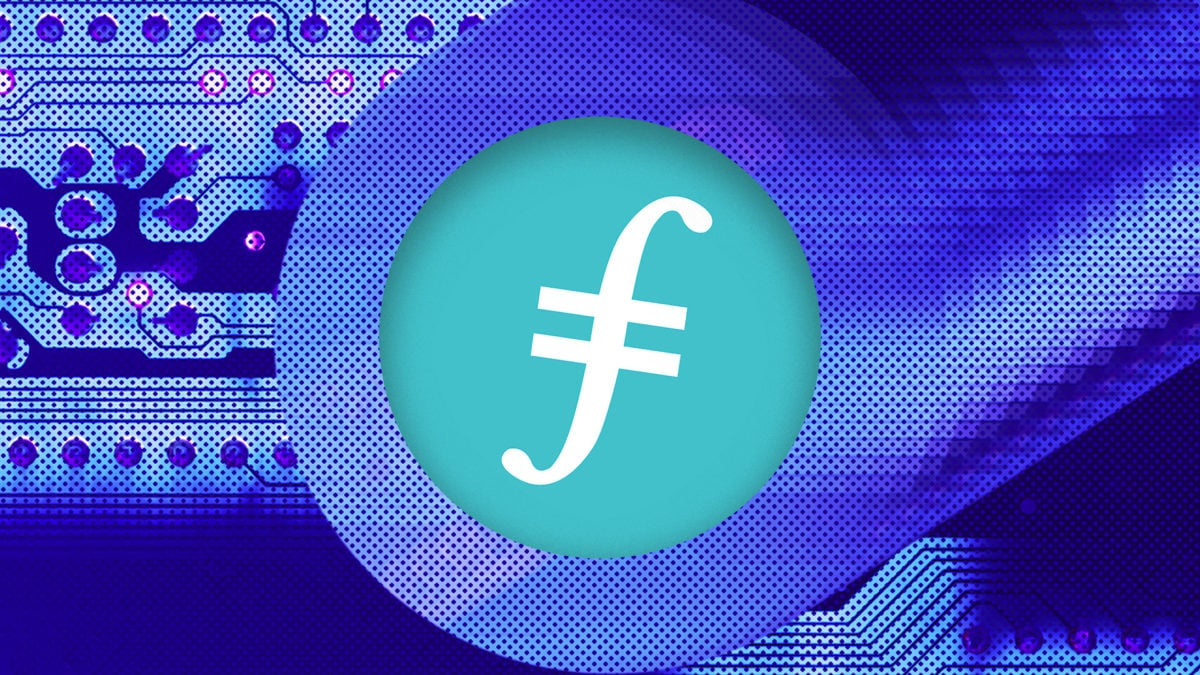GLIF Launches Governance Token GLF with Airdrop and Plans for Expansion

GLIF, the largest DeFi protocol on Filecoin, has officially launched its governance token, GLF, and is distributing 94 million tokens through an airdrop. This distribution represents 9.4% of the total GLF supply, rewarding users who have engaged with the protocol by accumulating GLIF points. Initially, GLIF had planned to allocate 100 million tokens for the airdrop, but adjusted the number based on user participation. The remaining tokens will be returned to the community rewards pool for future distribution. GLF is currently focused on governance, but the team is developing a loyalty program inspired by airline miles, which will eventually offer additional benefits to token holders.
As GLIF expands beyond Filecoin, it aims to support additional decentralized physical infrastructure networks (DePINs). The protocol allows FIL holders to earn rewards through liquid leasing, enabling them to lend tokens to Filecoin storage providers. These providers use FIL as collateral to offer storage services, and lenders receive rewards in return. Depositors in GLIF receive iFIL, a liquid leasing token that can be traded or utilized in other DeFi protocols while still generating yield. With over $102 million total value locked, GLIF has established itself as a dominant player in Filecoin’s DeFi space and is now exploring similar systems for other DePINs.
GLIF’s expansion strategy involves discussions with various protocol foundations, focusing on user demand, technical feasibility, and economic risks. Many of Filecoin’s storage providers are also significant miners across DePIN networks, leading to a trend of optimizing hardware for multi-chain contributions. By integrating with networks already supported by these miners, GLIF anticipates rapid scaling. Additionally, the team is exploring DePIN networks outside of storage, including those in the energy sector, and is open to adjusting their model or introducing new protocols to accommodate these networks. This strategic expansion reflects GLIF’s commitment to innovation and adaptability in the evolving DeFi landscape.
Related News





